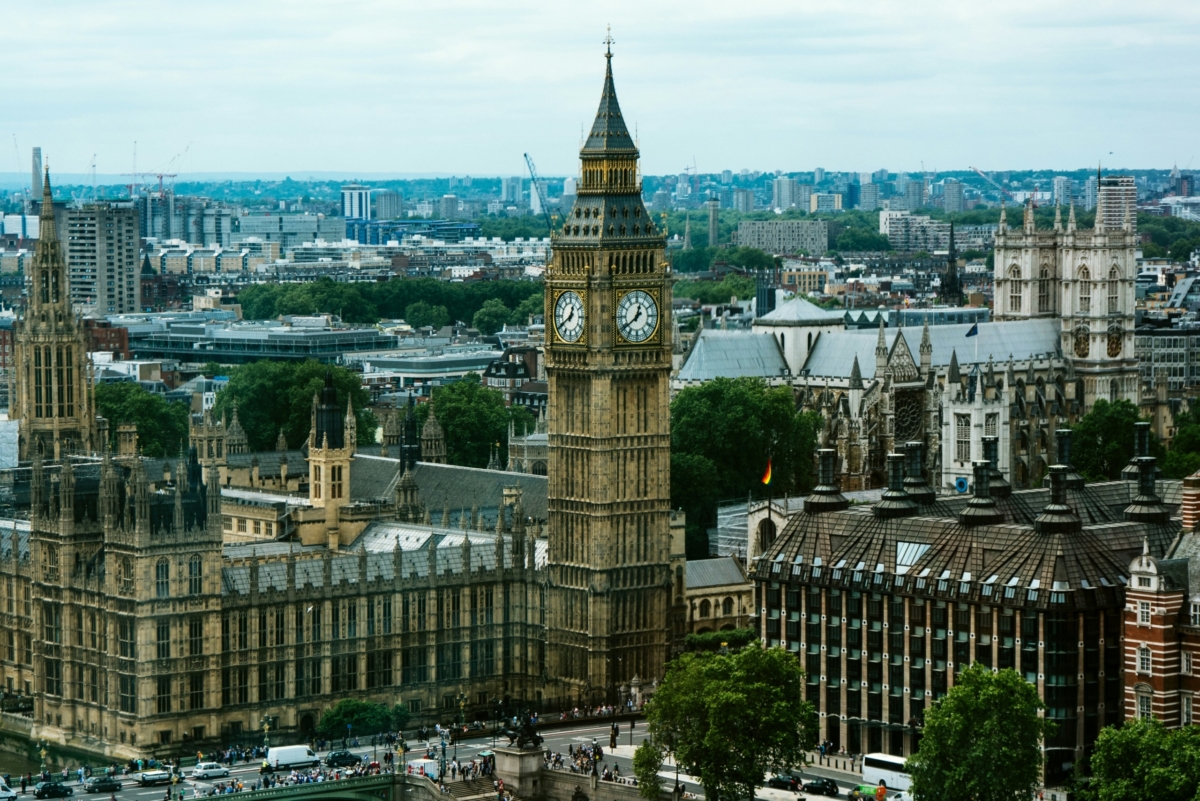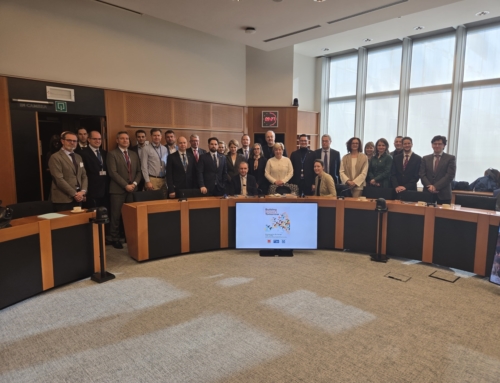Brussels, 27th June 2024
The Catholic Union of Great Britain launched an election guide before the UK votes on 4th July. Voters will elect 650 members of parliament to sit in the House of Commons. Polls predict a Labour Party majority, which would establish a new government and a new Prime Minister after 14 years of Conservative Party electoral dominance.
The comprehensive election guide outlines key policy priorities informed by the results of a survey conducted by the organisation earlier in the year. Resonating with FAFCE’s positions, the guide found that the top five topics of most concern for Catholics were:
- Care for vulnerable people
- Religious freedom
- Family life
- Education
- Dignity of life
The at least 4.5 million Catholics in Britain make up its largest religious minority. The Union’s research revealed that over 90 percent of their members and supporters were planning to vote in the upcoming General Election, significantly higher than the national average (turnout was 67.3 percent at the last general election). Their data also found a strong connection between politics and religious values, with 92 percent of people saying that the teachings of the Catholic Church and their faith helped influence how they vote.
The guide calls for parliamentary candidates to “recognise the family as the basis for society”, echoing as FAFCE often does, the words of Saint John Paul II’s Familiaris Consortio when he described the family as the basic cell of society. In the same Family Life section, the Union urges candidates to commit to scrap the two-child benefit cap (the current policy blocks further state benefits for families beyond their second child), to work towards a “fairer tax system for families”, and to “help increase the supply of genuinely affordable homes”. These policies are crucial, particularly in the context of a demographic winter, plummeting birth rates, and a devasting cost of living crisis.
Additionally, the guide encourages voters to ask parliamentary candidates to protect parental choice in education. The Union has successfully campaigned in protecting Catholic education, helping to roll back a discriminatory law against Catholic schools and families. Education is a national competence and must not be subjected to European overreach or ideological imposition. While the UK is no longer a Member State of the EU, it is a Member State of the Council of Europe and remains signed up to the European Convention of Human Rights, whose articles protect freedom of religion, education, right to life, among other freedoms.
The guide’s Dignity of Life section includes a demand to “oppose attempts to introduce assisted suicide”, “improve early year support and maternity services”, “support the creation of a Palliative Care Strategy”, and “resist attempts to weaken safeguards for abortions”. Indeed, the subject of euthanasia has been a talking point during election campaigns, with both leading candidates for Prime Minister expressing an openness to allowing a vote on legalising assisted suicide. On a related note, the European Court of Human Rights recently ruled in favour of Hungary’s rejection of a right to assisted suicide, which is a positive revindication of life and the principle of subsidiarity.
We encourage readers and members to follow the Catholic Union of Great Britain’s communications on social media and their website to keep abreast of their work.
In a similar vein to the Union’s guide, FAFCE published a policy toolkit and sent an open letter to newly elected MEPs ahead of the new legislature.







